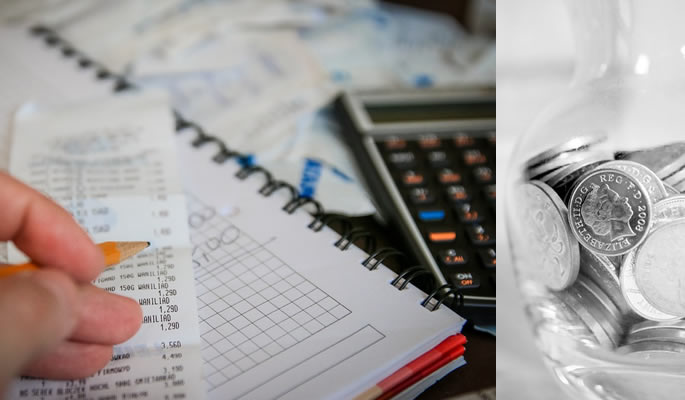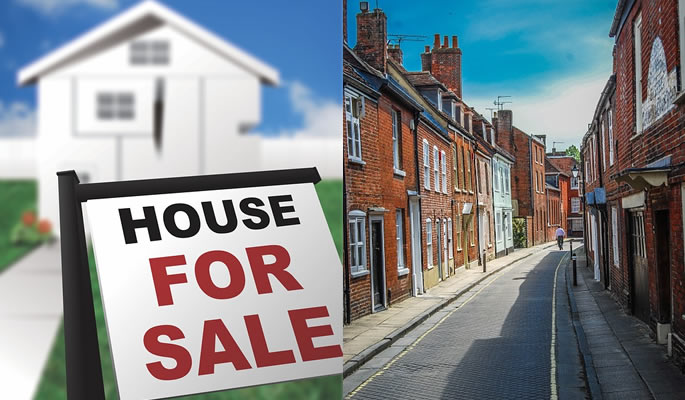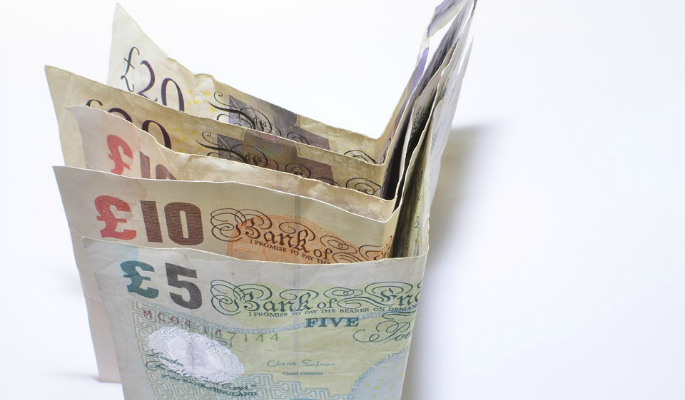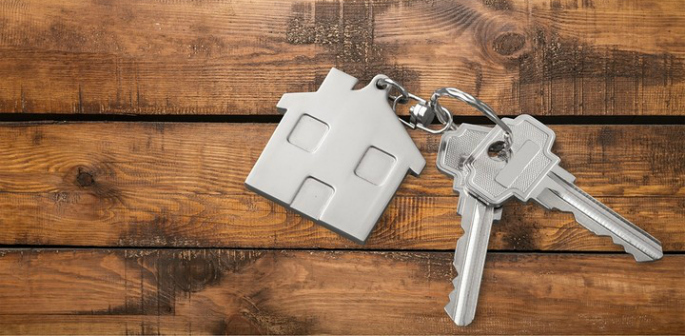As a first time buyer, you’ll be asked about mortgage options
There is nothing cheap about buying your first home.
In fact, today’s millennials are waiting much later in life to purchase their first property and gain a footing on the housing ladder.
30s are the new 20s when it comes to house buying. With the headache of credit ratings, bank loans and unforgiving mortgage repayments, working out when you’re ready for a first home is tricky business.
With that in mind, DESIblitz offers a few useful tips to keep in mind when buying your very first home.
1. Save as Much as You Can for a Deposit

A first property will require an initial lump sum – i.e. a deposit. Money experts usually recommend that you save between 5 per cent and 20 per cent of your intended house price.
So, for a property worth £125,000 you’ll be looking to save between £6,250 and £25,000.
Luckily, for many British Asians, Desi parents can be quite generous when it comes to depositing big amounts for your first house.
If not, then look at budgeting your current outgoings. Try and keep your weekly spend to a minimum.
Sit and plan out which outgoings you can forgo, and stick to your new budget. Then, open a savings account and set aside a fixed monthly sum.
Ultimately, saving thousands of pounds is more about willpower than anything else – just think of the beautiful new home it could buy you.
2. Compare Mortgage Options

Finding the right mortgage is just as important as finding the right home.
It requires careful research, and a practical understanding on how much you can afford to pay on a monthly basis.
While mortgages are available with a 5 per cent deposit in mind, you will find a better deal (i.e. lower interest rates) with up to 25 per cent deposit.
Today’s market of money lenders are far more strict than say 10 years ago.
It is likely they will check your credit score, ask for your annual income plus all your outgoings and spending habits (including household bills), in order to assess whether you can keep up with your repayments.
They may even try and assess if you could financially cope with an unexpected change in your circumstances or a rise in interest rates.
Mortgages range from fixed to variable, to Standard Variable Rate (SVR) to Discount to Tracker to Capped Rate to Offset mortgages.
Some lenders and banks will also offer specialist rates for first time buyers (FTBs), which are worth looking into.
For British Asians, there is also the option of a Guarantor mortgage, which again, allows generous Desi parents and relatives to pick up repayments if they cannot be made by you.
To save you the hassle of getting your head around what each one does, it is always advisable to speak to an independent financial advisor when choosing the right mortgage option for you.
3. Apply for Government Schemes
Luckily for first time buyers, the UK government have introduced special schemes that can part-fund your first property.
The ‘Help to Buy Equity Loan’ means that you only need a 5 per cent deposit saved, and the government will add on 20 per cent.
The ‘Help to Buy Mortgage Guarantee’ sees the government promise 15 per cent of your property value to the mortgage lender, which will lower your repayments overall.
Otherwise you can opt for a ‘Help to Buy ISA’ where the government will contribute£50 for every £200 saved.
Many of these schemes came into place in 2014 and 2015, but some have been extended up to 2020. It is worth seeing which schemes are still applicable to you at the time of buying.
You can find out more about ‘Help to Buy’ government schemes here.
4. Research the Market and Find a Property

Searching for a property that suits you requires both time and patience.
Find out which areas in your city, or locale, offer reasonable house prices, and where you can get more space for your money.
Inner city properties close to the city centre might be more expensive than those further away. While local boroughs will differ vastly from each other.
Crime rates, quality of schools, availability of shops and public transport links are all matters of consideration, especially if you have children or are looking to start a family.
You will also have the option as a first time buyer to consider new build homes as opposed to long-standing properties that may need repairs.
It’s a good idea to visit many different estate agents and strike up some friendly banter – a little Desi charm goes a long way, and they could secure you a great deal.
5. Work out all your Costs and Fees

Aside from your deposit money, be aware of all additional fees and costs that you will need to pay when finalising your property purchase:
- Stamp Duty Land Tax (SDLT) ~ This will apply on all properties valued over £125,000, starting at 2 per cent.
- Mortgage Booking Fee/Expenses ~ This includes reserving a mortgage rate and handling fees once finalised – anywhere up to £2,000.
- Solicitor Fees ~ Solicitors will handle all your legal paperwork to ensure that that property is passed onto the new homeowner. They can charge anywhere between £500 and £1,500.
- Surveyor Fees ~ You will need to hire a surveyor to check that the property is actually worth its price tag. They can also check the property for any serious repairs or structural rework. This is useful as it can allow you to renegotiate the asking price, depending on the amount of repair work needed to be done.
- Building Insurance ~ Once the property is in your name, you will need to invest in building insurance and home insurance. This can also be a requirement of your mortgage lender.
While all of these fees can add up to a serious amount, it is important not to skimp on the professionals, particularly when you are purchasing a property worth hundreds of thousands of pounds.
The Money Advice Service website offers a useful ‘money timeline’ that you can refer to here.
6. Put in an Offer

Once you’ve finally worked out how expensive your new home will be and whether or not you can afford it, put in an offer.
As a first time buyer, you’ll be asked about mortgage options, so it will be useful to have an initial ‘agreement in principle’ with your chosen mortgage provider. This will speed up the buying process.
Once your offer has been accepted, agree the terms of sale, completion date and when you can pick up your keys.
After you have exchanged contracts, you can say hello to your first home!






























































